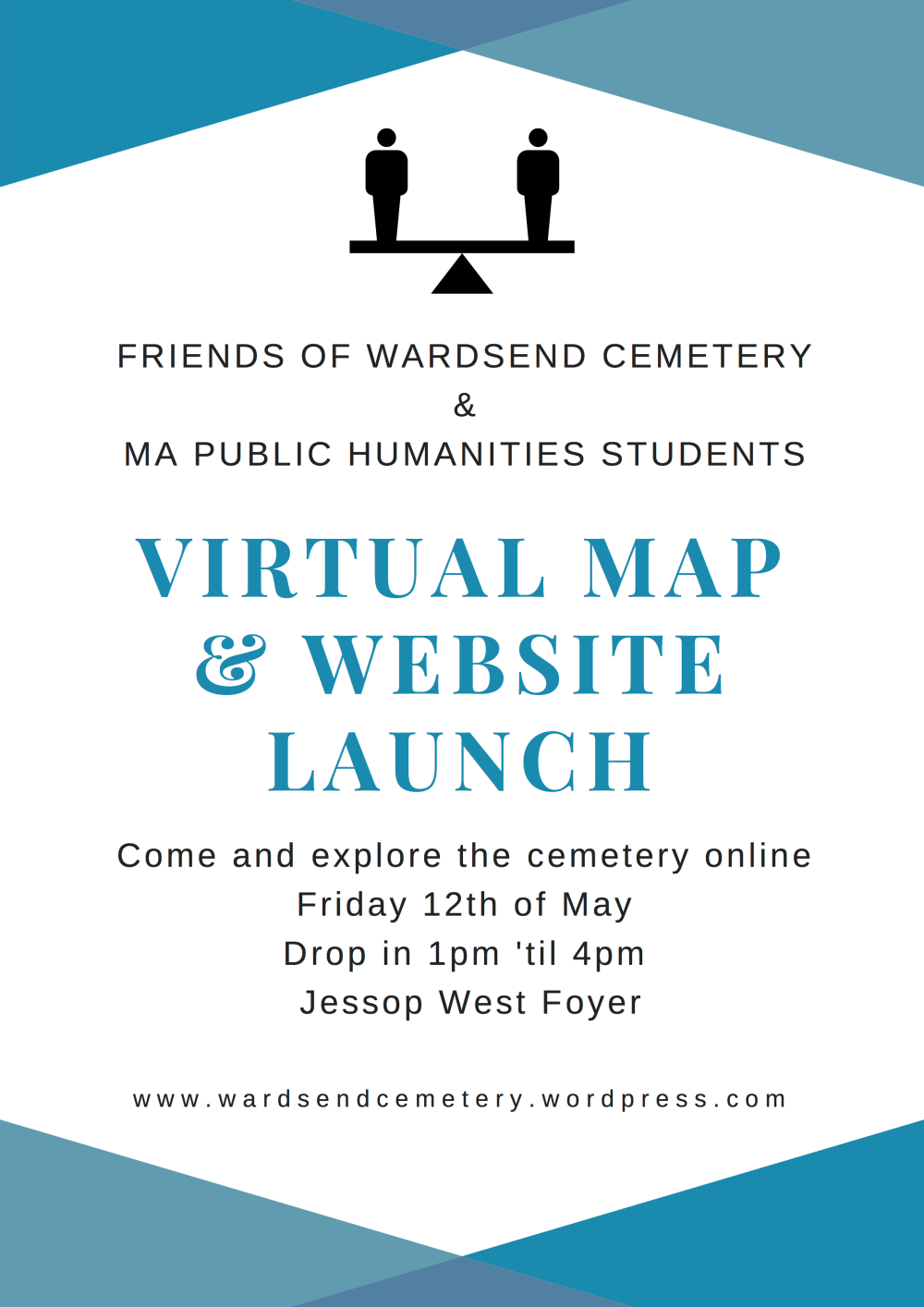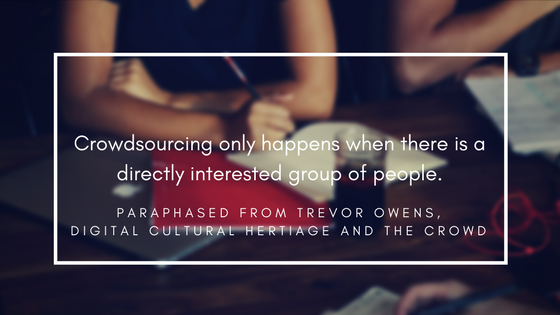Dissertation Update: Is No Participants Really a Disaster?
You might have guessed from the title that I had no one turn to take part in my dissertation workshop. For most people, this would be a complete disaster. No participants means no research or data being created. No data means nothing to analyse for the dissertation. No analysis means no thesis. Basically, a huge disaster.
Well, for a normal MA dissertation it would be. Public Humanities MA’s thesis is a little bit different. As much as I would love to write about how family is represented in Arthurian literature (any excuse to read Stephen Lawhead’s Pendragon Cycle), the focus of my thesis has to be the form of engagement I chose to do the research through. In my case, this engagement was through a workshop that I had hoped would be an example of participatory research. In other words, the workshop participants would be doing the research with me through the discussions about family in Arthurian literature.
However, no participants means no one to participate in research. No participatory research for me to evaluate and discuss in my thesis. But that’s not a disaster because I still have a failed workshop to talk about. There are so many questions for me to answer about why it failed.
“Did I not sign the workshop properly?”
“Should I have made more of an effort to build relationships with my partner?”
“Should I have run the dissertation on a different day or time?”
“Was my topic too niche to attract people?”
“Can I blame the sunny weather for pulling people outside?”
Like I said, there are so many questions. And those are just the superficial ones from the top of my head.
So what’s the next step? The next step is evaluate where I went wrong. And from there, write 2,000 words reflecting on why and 8,000 words explaining why. It’s going to be a fun couple of weeks.

